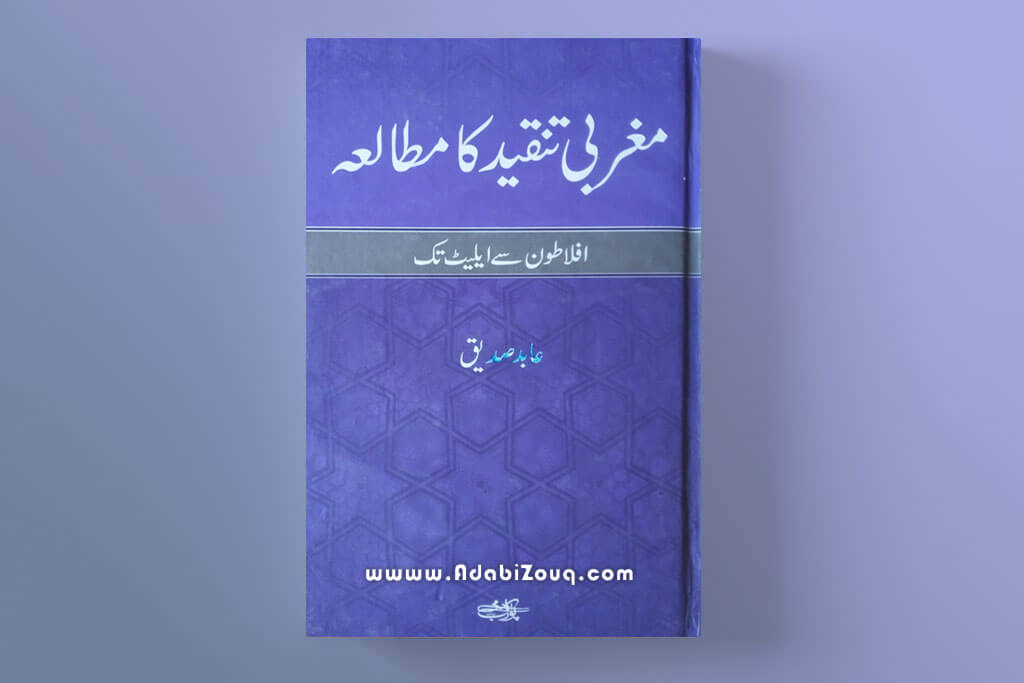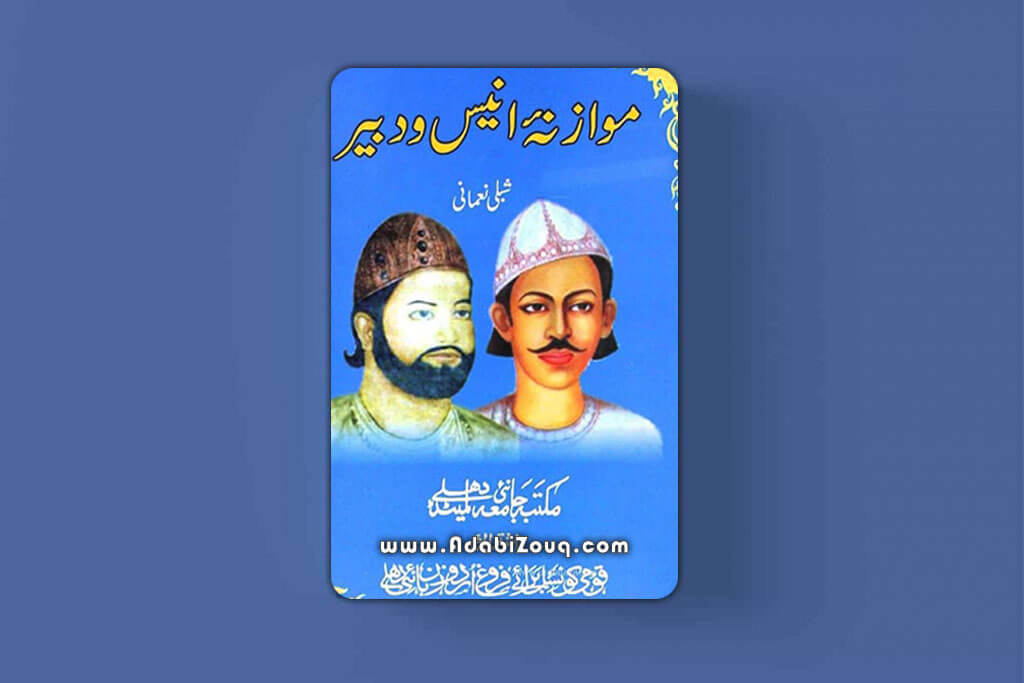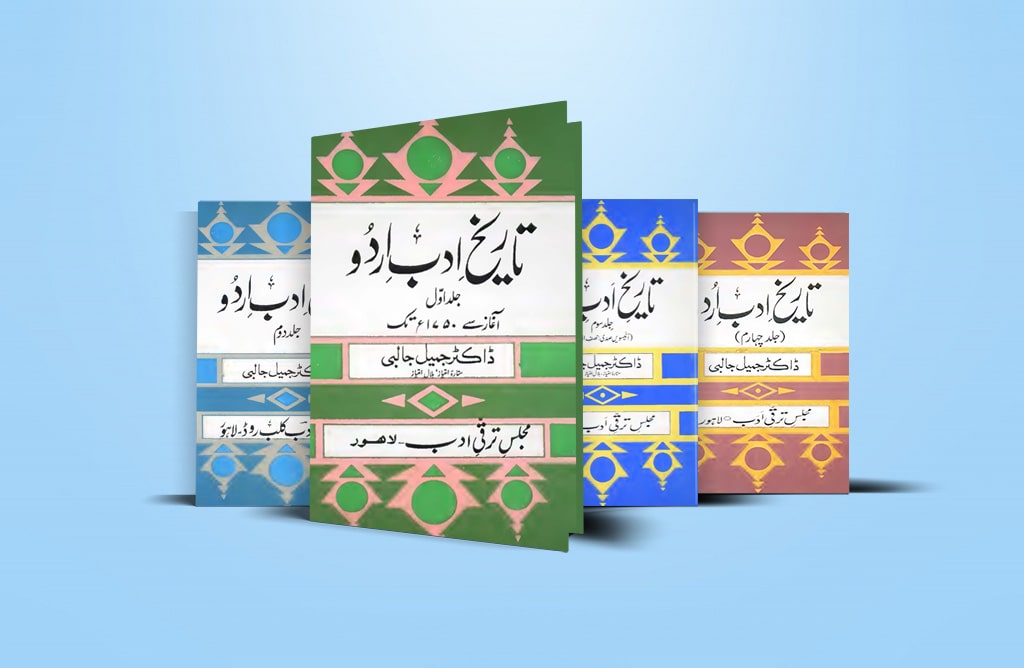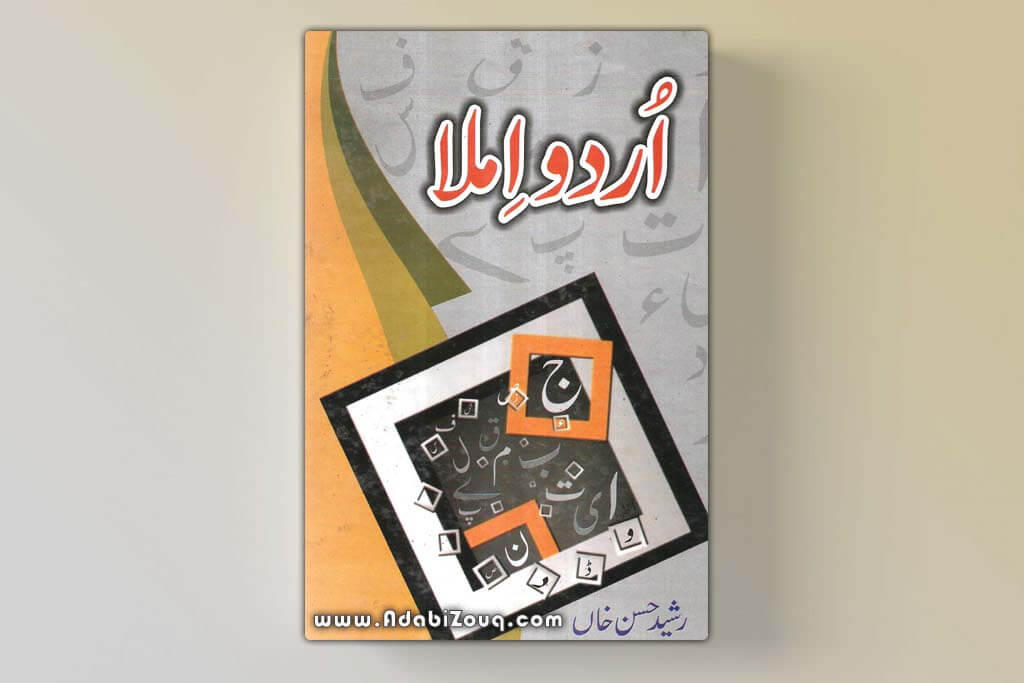Tahqeeq Ka Fan By Gyan Chand Jain
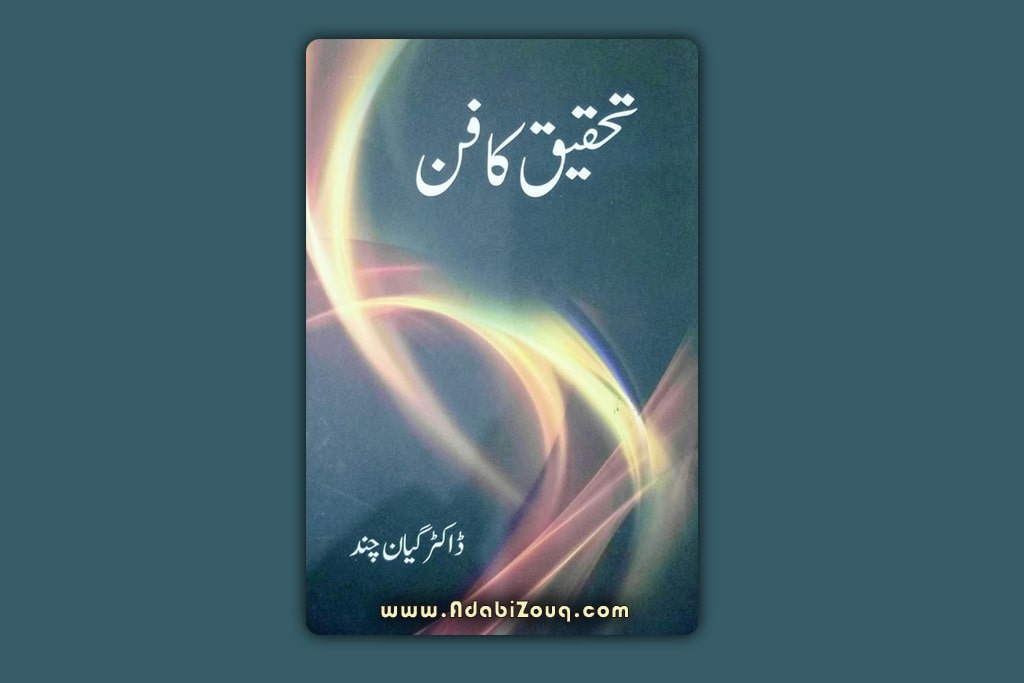
Tahqeeq Ka Fan (تحقیق کا فن ) is an excellent book on research in Urdu literature. It describes all the topics of research very neatly and clearly. The book was published in 1990 by the Uttar Pradesh Urdu Akademi. This book has a great place in Urdu research.
Before explaining Book Tehqeeq ka fun, we need to know what exactly is research, how to conduct research, and how to utilize research principles.
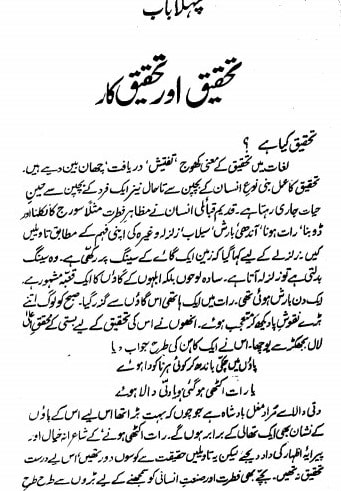
Research and Importance of Tahqeeq Ka Fan Book In Urdu
Research is an investigation that looks for facts and draws new conclusions by studying materials and sources. Research is a time-consuming and tiresome task. After hard work, this laborious task becomes clumsy or random due to not observing a few research principles.
Thus, the researcher needs to consider the research principles and the points of the research. In Urdu, there is a lack of information about research and its principles. It might be because Urdu is a relatively newborn language.
In the beginning, Urdu could read, listen, and write, but people were not interested in writing about research subjects. Due to this, not fare well in the literature on research. People put a few books in front of them for research. Every age brings new principles, so a new book or new edition is needed to compile them.
You Can Read: Lisani Multale by Gayan Chand jain
The book by Gyan Chand is also excellent for introducing new ءresearch methods in Urdu Teqeeq(اردو تحقیق). It provides a detailed explanation of research methods, how to start a research study, etc. How to use research principles, read content, and create notes are discussed in the book.
Conclusion
Gyan Chand’s seminal work Tahqeeq Ka Fun remains an authoritative Urdu reference on literary research methodology. As Urdu evolved as an academic discipline, the need for codifying research principles grew pressing. Tahqeeq Ka Fun filled this gap, elucidating topics from selecting a research question to synthesizing conclusions.
Chand explains conceptual frameworks along with practical techniques like note-taking and citation. While comprehensive in scope, the book maintains accessibility through clear prose and organization. Tahqeeq Ka Fun equipped Urdu scholars with the tools to meet rigorous academic standards.
Though first published decades ago, it continues to aid students in conducting systematic, thorough research. By elucidating the basics of literary investigation, Chand’s foundational book enabled the expansion of Urdu literary studies. For both depth and clarity, Tahqeeq Ka Fun remains unparalleled as an Urdu research methodology guide.

